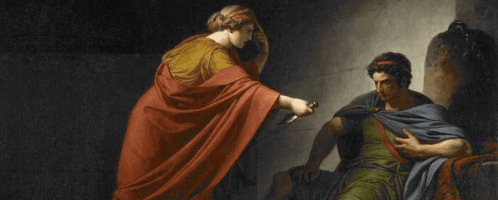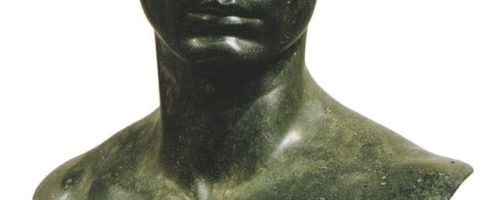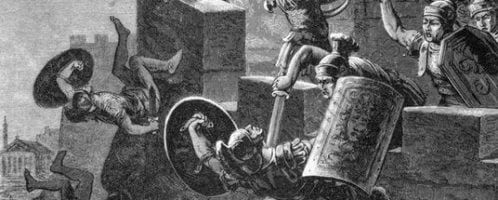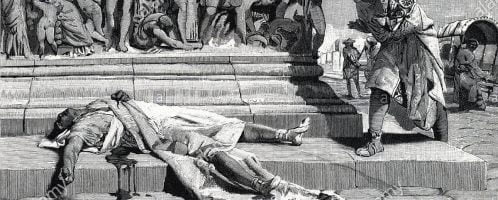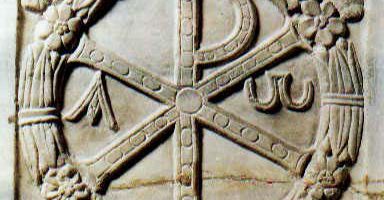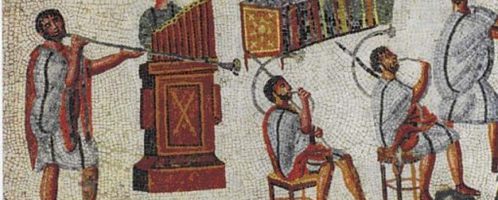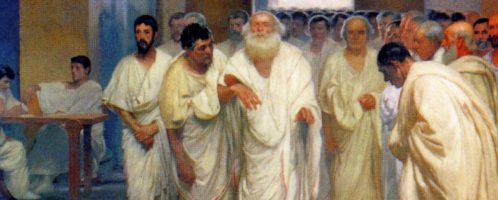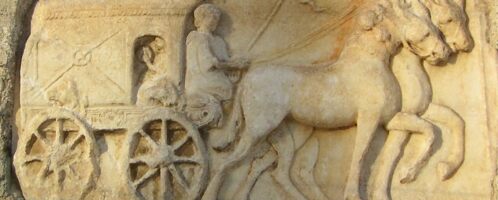Arria and Caecina Paetus
Women are often called “weak sex”. Nothing could be more wrong. More than once, this “weak sex” had more “guts” than many men. Ideally, this can be illustrated by the example of Arria – the wife of the Roman senator Caecina Paetus.

